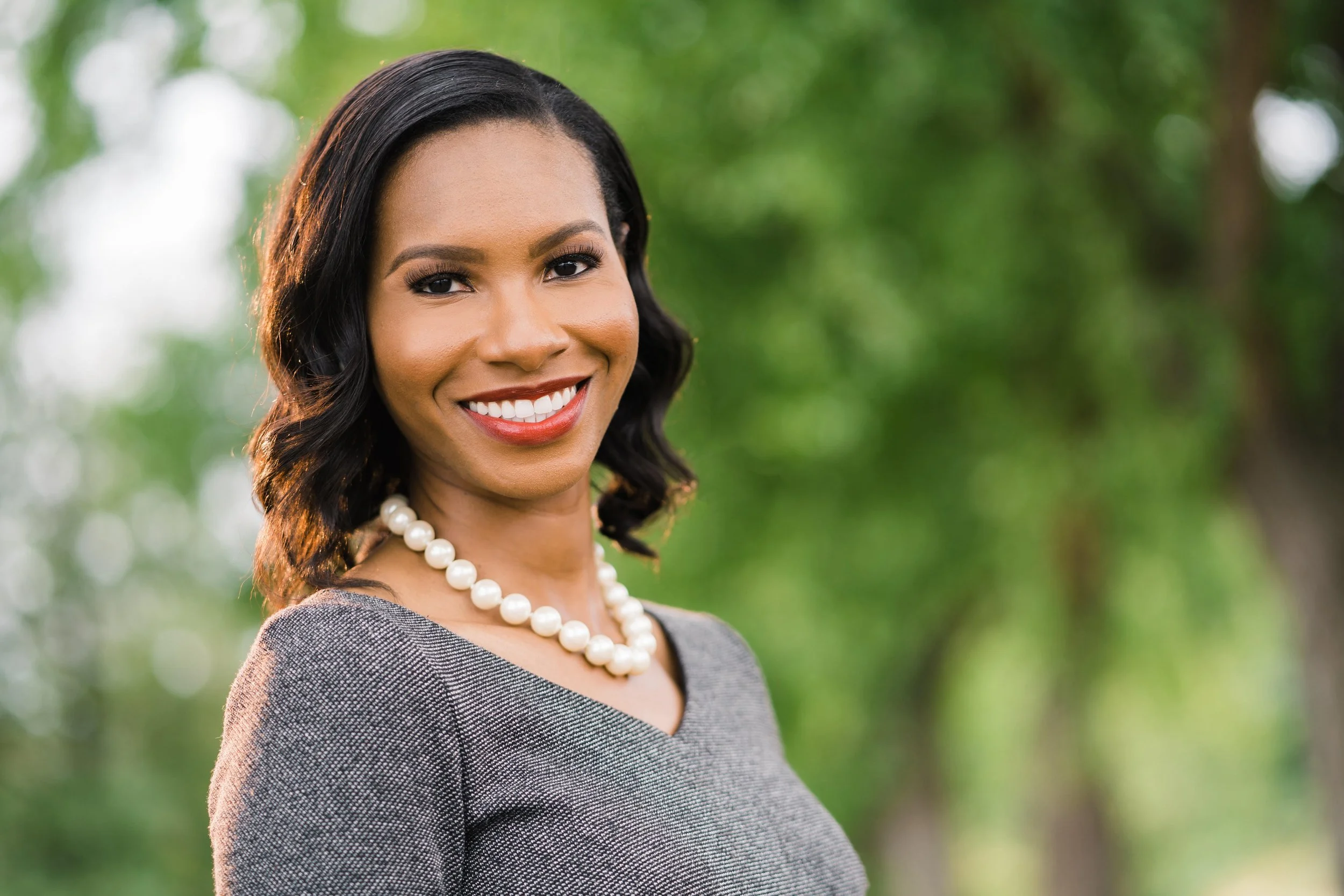Three Ways to Overcome Low Sexual Desire: How to Have More Sex and Strengthen Your Relationship
Believe it or not, low sexual desire is common for men and women. Sex educator and clinical psychologist Dr. Peggy J. Kleinplatz, Ph.D., noted the problem as one of the most common complaints to sex therapists (2020). The issue ranges from periodic disinterest in sex to severe sexual dysfunction and disorders. There may be a few days a month when you desire sex or a few days in a year.
Even today, low sexual desire is a complex issue that is frequently studied. Researchers continuously examine new and expansive ways to treat sexual frequency and desire issues through psychotherapy. Here, we’ve explored some of the easiest ways to overcome these issues and have 3 suggestions of how to have more sex in your relationship regardless of sex drive.
Causes of Low Sexual Desire
Causes of a low sex drive can be environmental, social, physical, and mental, including:
Pre Existing relationship problems,
A stressful job that leaves you tense and weighed down by endless tasks and deadlines,
Lacking childcare help for small children, causing sleep deprivation and lack of focus,
Health conditions or medications that alter your sexual function, and
Dealing with anxiety and other mental health conditions that make coping with stress difficult.
Many day-to-day stressors can lead to fatigue, anxiety, and misplaced priorities that keep you from building and maintaining your sexual interest and frequency.
The Impact of a Low Sex Drive on Relationships
Unfortunately, most couples wait until they are near separation to seek help from a sex therapist. If left untreated, your relationship can certainly be affected by your or your partner’s low sexual drive.
According to researchers Rebecca Frost and Caroline Donovan (2021) at Griffith University, both men and women report similar feelings about low sexual desire in their relationships, including anger, anxiety, loneliness, sadness, guilt, rejection, and frustration. Typically, fear takes over between partners—fear of rejection and cheating, the end of the relationship, losing attraction to one another, and the fear that something is wrong with you. Masturbation or pornography use may increase more than couples would like. Sex without desire (more common among women) may also become an issue, leading to discomfort and resentment for both partners.
Most troubling for couples is that the relationship begins to feel more like a friendship. Less sex in a relationship tends to lead to less hand-holding and even less hugging, says Frost, leading to "a sense of loss and longing.” So, couples should seek help when dealing with low sexual desire to help preserve and enhance their relationship.
Let’s look at three tangible ways to help overcome your or your partner's low sexual desire, have more sex, reignite intimacy and strengthen your relationship.
How to have more sex: 3 ways to overcome low sexual desire and strengthen your relationship:
1: Adopting Sensual and Empowering Archetypes
Have you ever heard of an archetype? How about Beyonce’s Sasha Fierce? Or Janet Jackson’s Damita Jo and Strawberry? An archetype can be described simply as an innate alter ego. Dr. Chelsea Wakefield, a psychologist and certified sex therapist, researched the effects of using archetypes in your intimate relationship to awaken sexual desires and tap into a sexier you.
“Every archetypal orientation has a ‘felt sense,’ an instinctual resonance in the body which shapes behavior, response, script, and interpretation of experience,” Wakefield says in her research. She uses the example of a woman’s inner Aphrodite—a sexy goddess-like alter ego who embraces her sexual power and being.
Archetypes come from within your consciousness with their own identities and influence over your interactions with the world. When used, archetypes help access other parts of yourself that your inhibitions usually hide. Wakefield explains that archetypes are about energy rather than “behavior, technique, lingerie, or talk.” They let you adopt a sexual essence for empowerment, exploration, and self-acceptance.
“Before a woman can experience desire, she must experience herself as a sexual woman,” Wakefield says. That applies to men, too. Bringing out your inner Sasha Fierce, or your alter ego, can stop self-consciousness, anxiety, and feelings of inadequacy—all of which can lessen sexual desire—dead in their tracks.
Implementing archetypes is an excellent way to have more sex with your partner, add a little spice and variety to your sex life, and help awaken your sexier side.
2: —Try Mindfulness Based Interventions to Ease Stress and Anxiety
Good sexual experiences demand paying close attention to your desires rather than external standards, notes Kleinplatz. As stress and anxiety are the main contributors to sexual desire problems, therapists have started to use mindfulness-based interventions to treat patients. Linked to higher levels of sexual desire—especially in men—mindfulness helps stimulate more physical sensations and erotic thoughts.
What is mindfulness? It is a daily practice that encourages you to experience life in the ‘here’ and ‘now.’ You intentionally focus—without judgment—on the present moment to recognize and release negative thoughts, feelings, and sensations. You learn to center your thoughts by practicing various meditation methods. Your therapist may have you try traditional sitting meditation, the body scan practice where you focus on one body part at a time, and movement meditations like yoga, tai chi, and long walks.
So, how can mindfulness-based interventions enhance your sex drive and help you have more sex? Researchers found that it helps you access internal sexual stimuli and be intentional with your body. For example, your fears and anxiety around sex and other stressors lessen, your muscle tension eases, and your desires and sensations are allowed to resurface.
Try mindfulness interventions when you cannot get out of your head to enjoy your sexual experiences.
3: —Enhance Your Erotic Connection with Your Partner Using Therapy and Intimate Exploration
When seeking help to overcome your low sexual desire, always include your partner. Frost and Donovan explain that sex therapy is most effective when partners are involved in treatments.
Déziel and others found that couple’s therapy helps enhance a couple’s erotic connection. Researchers Barry McCarthy and Tamara Oppliger added to that discussion by highlighting methods available in couples' sex therapy that improve a couple’s connection and enhance their intimacy, resulting in them having more sex. These include learning how to maintain sexual equity in your relationship. Both partners learn how to be each other’s erotic and intimate allies. Therapy also emphasizes the introduction of exploring each other’s sexual desires and fantasies. However, each partner has the right to veto sexual scenarios but must commit to intimacy and work together to discover sexual scenarios both are willing to try. Most important, McCarthy points out that couples' sex therapy only works when sexual coercion and intimidation are left out of the journey. “Sex power struggles are poisonous,” says McCarthy, and can negate efforts to work cohesively in a romantic partnership.
There are plenty of treatment options that your therapist may want to try with you and your partners. However, what is most important is that you both are willing to commit to renewing your sexual interest in each and deepening your erotic connection.
How Seeking Professional Help to Overcome Low Sexual Desire Can Help you Have More Sex and Strengthen Your Relationship
It’s always best to seek help before relationship issues become distressing and cause disengagement. Incompatible sex drives, in particular, should not be ignored. A sex therapist can guide you through confidence builders like archetypes, anxiety-easing mindfulness techniques, and therapy to increase your erotic connection with your partner. These methods are proven to increase your sexual drive, help you have more sex, and therefore strengthen your partnership.
Overall, if you go into your sexual journey with an open mind and heart, you can ignite your sexual urges and overcome low sexual desire.
I am a licensed professional counselor and sex therapist and am here to help. If you and your partner are experiencing sexual desire and frequency issues, feel free to contact me.
Pin it:
Citations:
Déziel, J., Godbout, N., & Hébert, M. (2018). Anxiety, dispositional mindfulness, and sexual desire in men consulting in clinical sexology: A mediational model. Journal of Sex & Marital Therapy, 44(5), 513–520. https://doi.org/10.1080/0092623X.2017.1405308
Frost, R., & Donovan, C. (2021). A qualitative exploration of the distress experienced by long-term heterosexual couples when women have low sexual desire. Sexual and Relationship Therapy, 36(1), 22–45. https://doi.org/10.1080/14681994.2018.1549360
Kleinplatz, P. J., Charest, M., Paradis, N., Ellis, M., Rosen, L., Ménard, A. D., & Ramsay, T. O. (2020). Treatment of low sexual desire or frequency using a sexual enhancement group couples therapy approach. Journal of Sexual Medicine, 17(7), 1288–1296. https://doi.org/10.1016/j.jsxm.2020.02.012
McCarthy, B., & Oppliger, T. R. (2019). Treatment of desire discrepancy: One clinician’s approach. Journal of Sex & Marital Therapy, 45(7), 585–593. https://doi.org/10.1080/0092623X.2019.1594475
Wakefield, C. (2014). In search of Aphrodite: Working with archetypes and an inner cast of characters in women with low sexual desire. Sexual and Relationship Therapy, 29(1), 31–41. https://doi.org/10.1080/14681994.2013.861594






